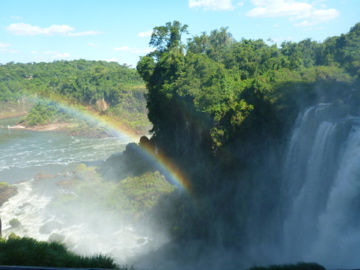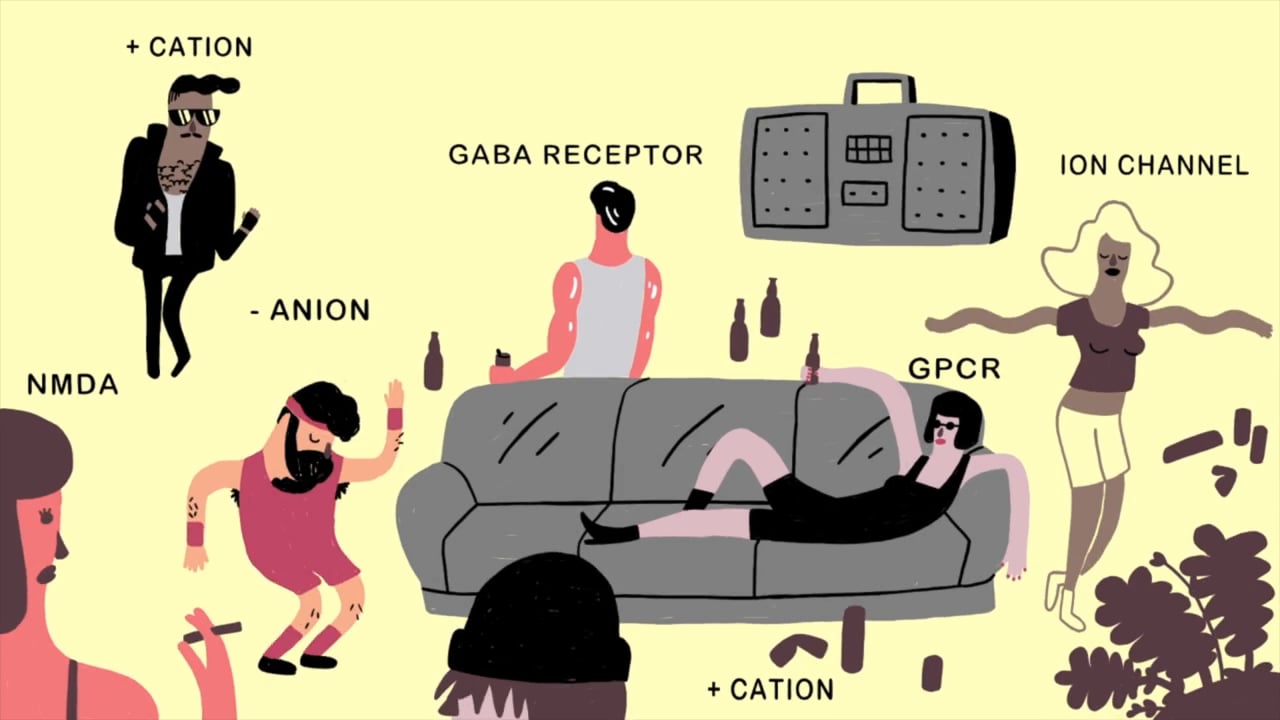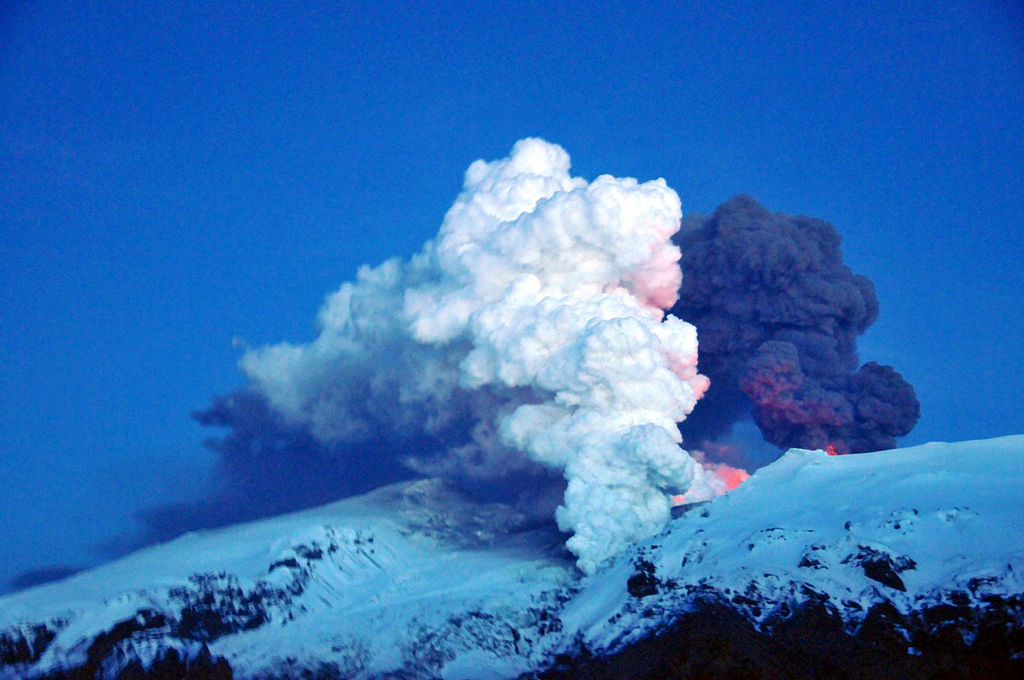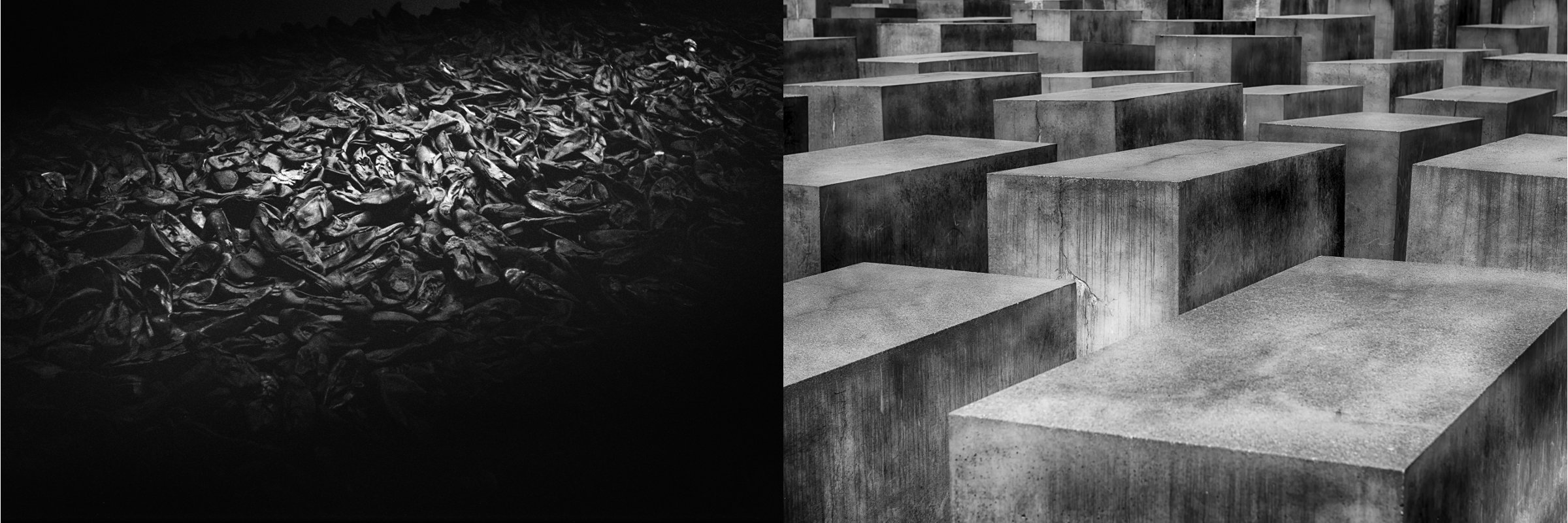Most religions preach that both science and spirituality are barriers to God.
 Science creates doubts, and spirituality offers an alternative path that doesn’t require contributions to the church coffers or preachers’ egos. While some spiritual paths may take you off into the weeds or into mountain caves, others offer legitimate ways to tap into higher power, higher purpose, and higher energy.
Science creates doubts, and spirituality offers an alternative path that doesn’t require contributions to the church coffers or preachers’ egos. While some spiritual paths may take you off into the weeds or into mountain caves, others offer legitimate ways to tap into higher power, higher purpose, and higher energy.
A recent book by Deepak Chopra and Leonard Mlodinow, Wars of Worldviews: Where Science and Spirituality Meet – and Do Not, frames the debate and articulates the argument in substantive and captivating ways, both pro and con, why many people see only the differences between the two points of view. Mlodinow presents the case for science by emphasizing the need for evidence, observation, rigorous analysis, impartial objectivity, quantitative results, statistical proof, and openness to new findings. Chopra presents the case for spirituality by pointing out that life is qualitative as well as quantitative and is subjective as well as objective. He suggests that meaning, spontaneity, free-will, richness of experience, purpose, intention, mindfulness, and consciousness are all elements of spirituality and can’t be measured in material ways. It seems to me that science is looking primarily at the “what” of life and spirituality is focused primarily on the “why” of life.
The real debate is how the brain, mind, spirit and soul interact—is the mind a manifestation of the brain or can the mind “instruct” the brain what to do?

Clearly, there are huge differences among people regarding the extent to which we live our lives unconsciously, numb and asleep or consciously awake and aware.
In my book, Being at Home in the Universe, I suggest that all of us have three operating systems (physical, emotional, and intellectual) that get us through life habitually and sub-consciously without us having to make conscious decisions for every choice we confront.
The only question is, do we have a CEO (spiritual essence or soul) that is making conscious decisions and giving instructions to the independently operating sub-systems on meaningful choices and mindful intentions?
In the last 20 years there have been major breakthroughs in science about how the brain works and where thoughts, feelings and physical movements get their instructions. A colleague of mine, Due Quach, the founder of Calm Clarity, teaches the scientific basis for our physical, emotional, and intellectual responses in life to inner city, under-privileged kids.
She suggests that by consciously modifying thoughts, emotions and behaviors, we can stimulate specific parts of the brain and, with effort, build neural pathways that support learning and well-being.
The key areas to train and develop are the prefrontal cortex which is the center of higher processing, planning, learning, regulation, and willpower, as well as the amygdala and hippocampus.
The amygdala plays a role in processing emotions and encoding memories. The amygdala has a key role in conditioning subconscious responses to sensory stimuli and triggers the flight or fight response to stress. The hippocampus is the primary area of the brain for memory. My point is that we know a great deal about what is going on in the brain, but that doesn’t answer the question of how or why, i.e. is the mind controlling the brain or the brain controlling the mind and for what purpose.
As recently as 20 years ago scientists who even wanted to investigate consciousness would be looked on skeptically by the scientific community.
Now whole conferences are devoted to consciousness and are attended by neuroscientists, quantum physicists, philosophers, and yes, spiritual gurus. As a result, we have made tremendous gains in the fields of neuroplasticity and quantum physics as they relate to elevated consciousness.
I believe, however, that scientific imperialism has dominated this discussion and limited the debate to objective, quantifiable studies of the physical dimension of life, and it has erected barriers to investigating the qualitative, subjective possibilities for the emotional and spiritual dimensions of life. Similarly, spirituality flakes have focused primarily on esoteric ideas and have eschewed scientific methodology to test their beliefs, assumptions, and conclusions about life before and after death. I believe there is an opportunity to combine the best of science and spirituality and thus build a newly constructed, and scientifically based, bridge to God—not the tower of Babel but a new pathway to possibilities.
Speaking of God, let’s deal with that.
Yes, I believe in Universal Energy, Cosmic Connection, Ultimate Mystery, and Infinite Possibility, Intelligence, and Consciousness. To me, those wonders are God. I do not believe in a paternalistic, interventionist, church-created, Puppet Master. I do not know what happens after death. But I do know that I want to strive every day for Near Life Experiences that infuse me with energy, purpose, love, peace, equanimity, gratitude, meaning, and spontaneity so that my consciousness evolves to the highest level possible and I bring more of me to every moment.
Yes, I believe spirituality and science can be bridges to God, not barriers.
Also published on Medium.



[…] In my mind, truth is the aim of science and is continually tested by investigation and research—this is not always the case with religion. In all religions, there are other aims in […]
[…] know the customs, I don’t speak the language, and I don’t like the food.” Others identify the church or religion with which they are affiliated as their home. “When I enter the Temple, I feel at home.” […]